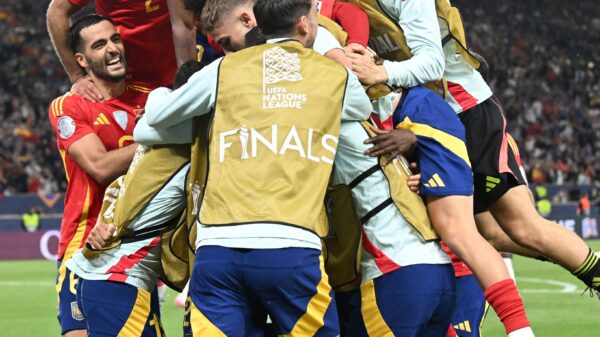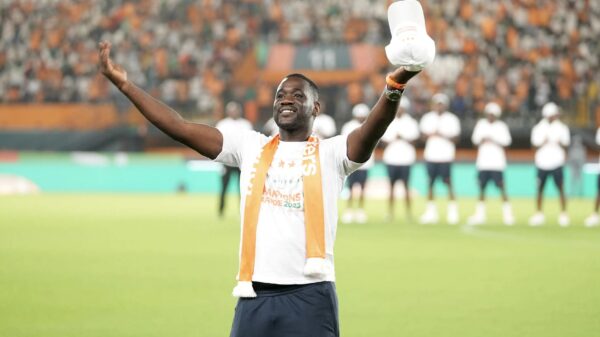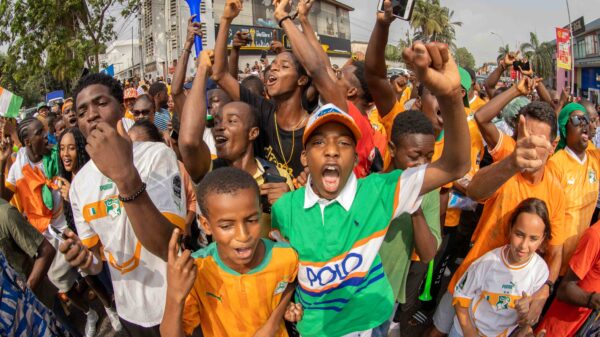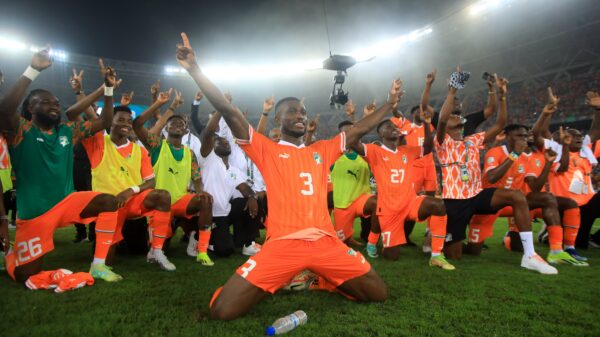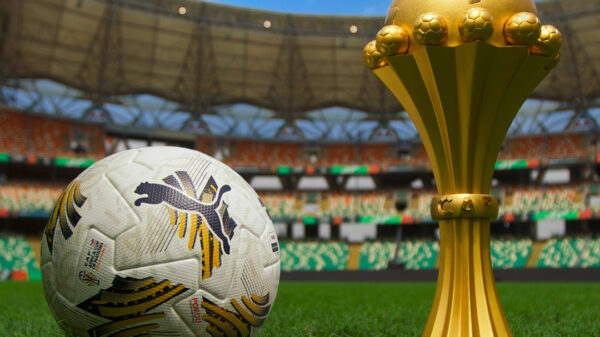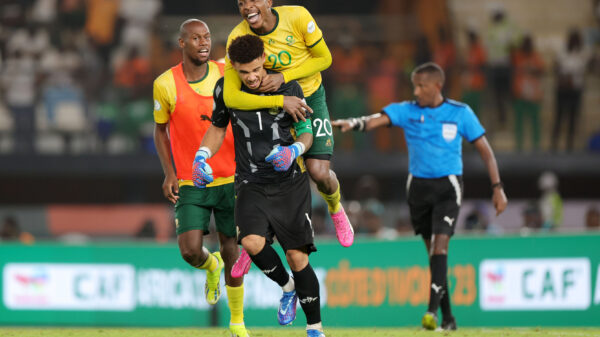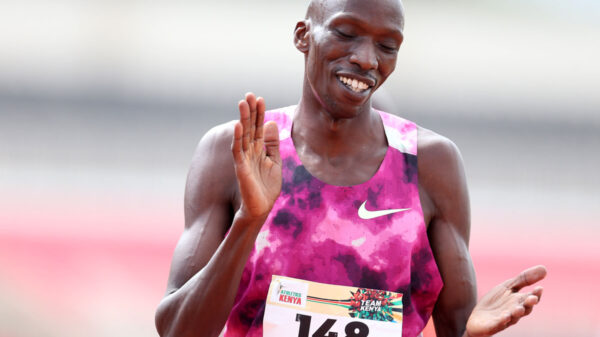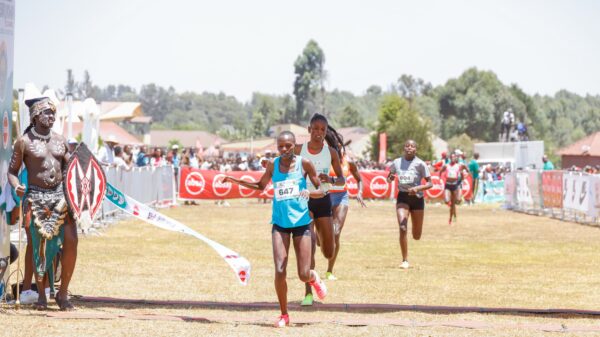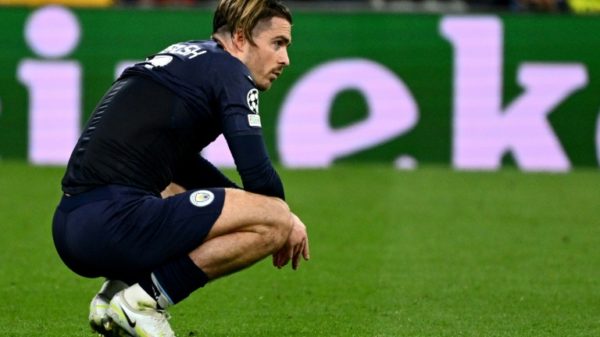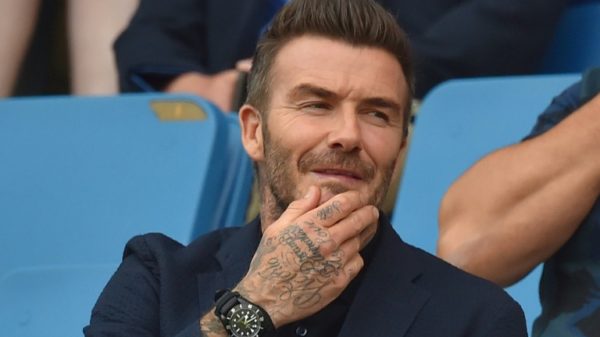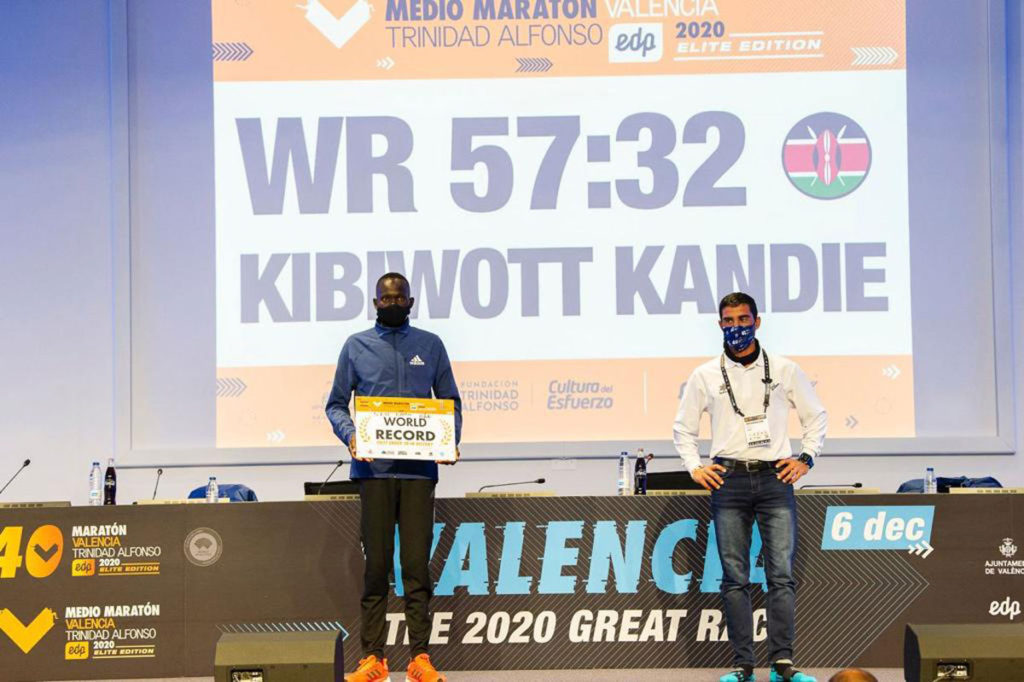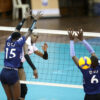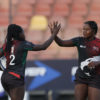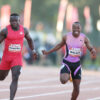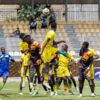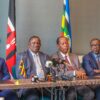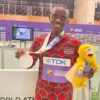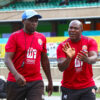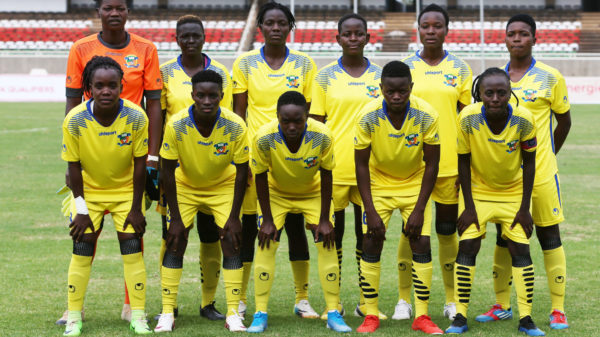NAIROBI, Kenya, Dec 7 – Before the 2020 edition of the Valencia Marathon lead elite coordinator of the race Marc Roig’s biggest problem was convincing athletes to attend the marathon, but it is intriguing how tables turn.
This year’s edition has been by far the most challenging one in terms of settling on the final list of the elite athletes. With many races having been called off or postponed due to the COVID-19 pandemic, the availability of a slot to take part in an international race was every athlete’s dream this December.
Roig, who is of Spanish origin but has been residing in Kenya for the last five years takes us through his tough duties as the lead elite coordinator for the Valencia marathon.
“Usually it’s a tough job because I have to convince athletes to take part in the Valencia marathon at a time they are contemplating to choose a world major or another marathon. But this year, the challenge was different, there were no races going on and everybody in the world wanted to take part in the Valencia marathon. It was tough to decide on who to pick and who to say no to because we didn’t have space for everybody.”
After settling on the entry list, the organizers still maintained their all-time goal of lowering times registered in the previous edition. “We want to have world records or improve the previous times recorded in the previous year and on Sunday we at least achieved that in three out of the four races raced today,” says Roig
He adds “our target is to record fast times not only by the winners of the race but also by other athletes who follow in the top five positions and that was very visible especially in the Men’s half marathon race where we had four athletes run under 58 minutes.”
Roig also acknowledges that this was not achievable without the help of the pacemakers.
“We take very seriously the job of the pacemakers but it reaches a point where they drop out and let the main athletes battle for the top honours.”
Another advantage enjoyed by the Valencia marathon is its positioning in the athletics calendar. Having the race allocated to take place in the month of December helped the entire world in buying time to manage coronavirus and its effects.
“We are lucky that Valencia marathon happens in December so as other races we been cancelled due to the pandemic, we had some time to buy. We were continuously checking with the Spanish health authorities of about what would be the limitations according to the situation of the pandemic. We got the greenlight when the lockdown was halted and we were allowed to have an event of 300 people which was considered safe,” adds Roig
However the marathon logistics did not lack challenges .
“We were in constant contact with embassies because the airlines were very strict especially to people outside the Schengen area. This really needs dedication and passion but it is possible, he advises.
Roig further emphasizes on the heavily detailed rules and regulations the organizers had to follow.
“We had a protocal that had 157 rules which we had to strictly follow. For instance, in a normal year, we would book twin rooms for athletes to share but this year that was not possible. This meant an increase in our accommodation budget for every athlete had an individual room supported with room service. However we are grateful for the presence of a strong sponsor who made sure our budget was well taken care of.”
In addition to the rules athletes had to follow strict rules in the hotel where they were only allowed to leave their rooms only when attending their morning runs or when they were going for their PCR tests.
“The tests were conducted 2 days prior traveling and on Friday 4th December because they were all running together without wearing a mask,” clarifies Roig.
The rest of the people who were accredited were offered tracking gadgets that are enabled to sense if one came into contact with a person infected with COVID-19. These gadgets were returned to the organizers at the end of the race and will be tracked for the next five days. In case the gadget shows that one came into contact with an infected person, then the race organizers have a duty to alert him/her so as to begin the tracking process.
In conclusion Roig states that his work involves a lot of travelling, visiting different camps in Kenya, attending trainings talking to coaches, connecting with different managers even in different countries. And after all is said and done, he is a happy man that the event was successful.
Kenya’s Evans Chebet and Peres Jepchirchir won the men’s and women’s 42 km race with Jepchirchir setting a new course record while Kibiwott Kandie and Ethiopia’s Genzebe Dibaba emerged victorious in the 21km race.
Kandie’s time of 57.32 minutes is also a World Record time though awaiting ratification by World Athletics.
-Wanjiku Mwenda is reporting from Valencia, Spain-


